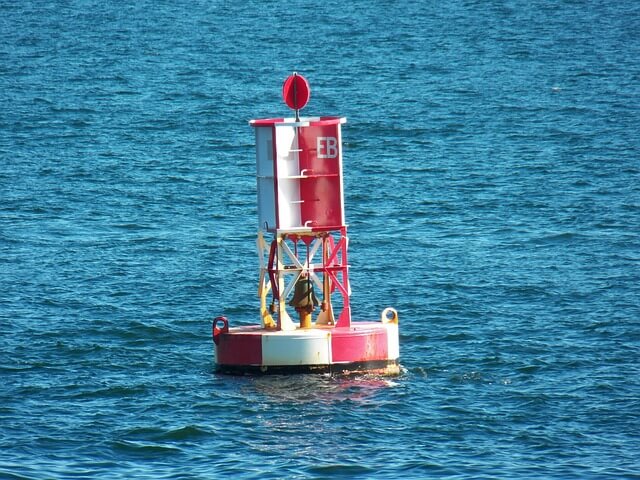In this line-up of judgment against the nations of the world, Jerusalem would not be exempt. They too were slated for destruction, and it would happen. Babylon would sack them and carry them back to their own nation leaving Jerusalem desolate.
The way it went down was going to be inglorious.
1) Instead of their leaders raising up and fighting, the leaders would flee. Forget the ammunition, they were taking the exit.
“All your rulers have fled together, captured without a bow. All your fugitives were captured together; they had fled away” (v. 3).
So even though the cowardly leaders fled, it was to no avail. They were simply captured. Isaiah grieved.
2) Instead of calling upon the Lord for help, they tried to be their own salvation. They looked to tear down houses to fortify the wall that had been seemingly left in neglect. Or was destroyed. They had to use their reserve water and even tried to make a moat. But in all this, they did not call upon the LORD for help and direction:
“…but you did not look to the One who made it, or consider the One who created it long ago” (v. 11).
3) They partied away in a sense of futility instead of repenting and throwing themselves upon the Lord.
They said, quite literally, “Let us eat and drink, for tomorrow we die!” (v. 13).
They were literally to die in the imminent future if Babylon decided for their death. So their response was to party, get drunk, presumably sleep with anyone and everyone and give way to their hedonistic pleasures. Instead God asks why they weren’t on their knees repenting and calling out to the Lord? Perhaps he would have saved them?
There was going to be a judgment against Jerusalem. But also against Shebna, a palace administrator. He was so convinced that the judgment proclaimed was conspiracy or stupidity, that he had his own tomb built. Or perhaps he did that before any knowledge of impending judgment and just did so out of pride because it was the greats who got tombs generally speaking.
But God would have the last say. Shebna would be removed from office and slung into a wide land. There he would die with his disgrace and his pride.
In his place Eliakim would be established. He would be like a firm peg, made secure by the Lord, and upon whom the responsibilities of the people could securely attach themselves and their needs.
But then there is the verse of mystery. It says the peg that was driven into place would be cut off and fall and the load would be destroyed (v. 25). So would that peg be Eliakim? Or was it Shebna?
Some say Shebna because it says “on that day” these things will happen which seem to be a day of judgment. Others say Eliakim because he is the subject matter. My tentative thinking is that it was probably Eliakim and not because of his failure, but because of the captivity of Babylon. All were carried off, especially the administrators of the palace. But for the time he served Eliakim would be a blessing to the people, a man of integrity and respect.
But back to Israel. They were being judged and instead of seeking the Lord, 1) Their leaders tried to escape responsibility, 2) They tried to be their own salvation, and 3) They partied instead of repented.
I think there is something of great importance in this. If we ever find ourselves in leadership, we have a responsibility to stay, not run. It’s why about all the women in the world are in love with Zelensky these days. For no other reason than that he stayed. Leaders stay in hard times and don’t find the exit.
Secondly we cannot be our own salvation. We can prepare and fortify and do the best we can, but we must never forget it is the Lord who is our protection and salvation. And that understanding and trust needs to happen from a cumulative level, a critical mass of people.
And three, when scary times hit, do we just go to futilism and say, ‘oh, well, what will happen will happen so might as well enjoy life.’ I’ve heard similar things before. We should have a fear and reverence before God, especially if we are about to meet him face to face.
Because of this, God said to them,
“This sin of yours will never be wiped out” (v. 14).
The people had stepped too far across the line. Judgment was certain.



